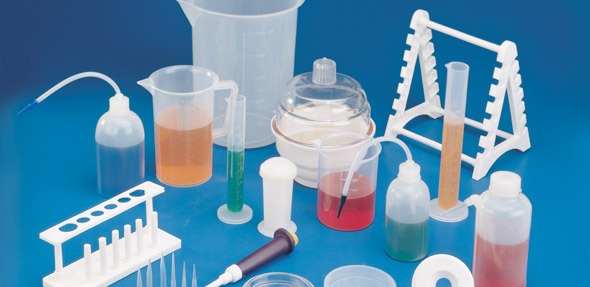
"Lab Plasticware can be defined as the set of instruments or equipment used in laboratories for heating chemicals at mild temperature and performing robust chemical reactions."
MKJ International design and develop high precision liquid handling instruments for leading laboratories of the world. Our product range includes Bottle Top Dispensers, Electronic Burettes, Micropipettes, Miniature Micropipettes and Electronic Pipette Filling Instruments including accessories like Stands and Tips for Micropipettes. We have nurtured a passion for innovation and precision since 2012. We are recognised as a respected and dependable brand in the healthcare and life sciences industry worldwide.
Plasticware is commonly used in laboratories for a variety of reasons, including its cost-effectiveness, lightweight nature, and flexibility:
- Cost-effectiveness: Plasticware is generally less expensive than glass.
- Lightweight: Plasticware is lighter than glass, which can improve ergonomics.
- Flexibility: Plasticware is flexible and non-breakable, which can improve safety.
- Durability: Plasticware is durable and long-lasting.
- Chemical resistance: Some plastics, like polytetrafluoroethylene (PTFE), are resistant to almost all chemicals.
